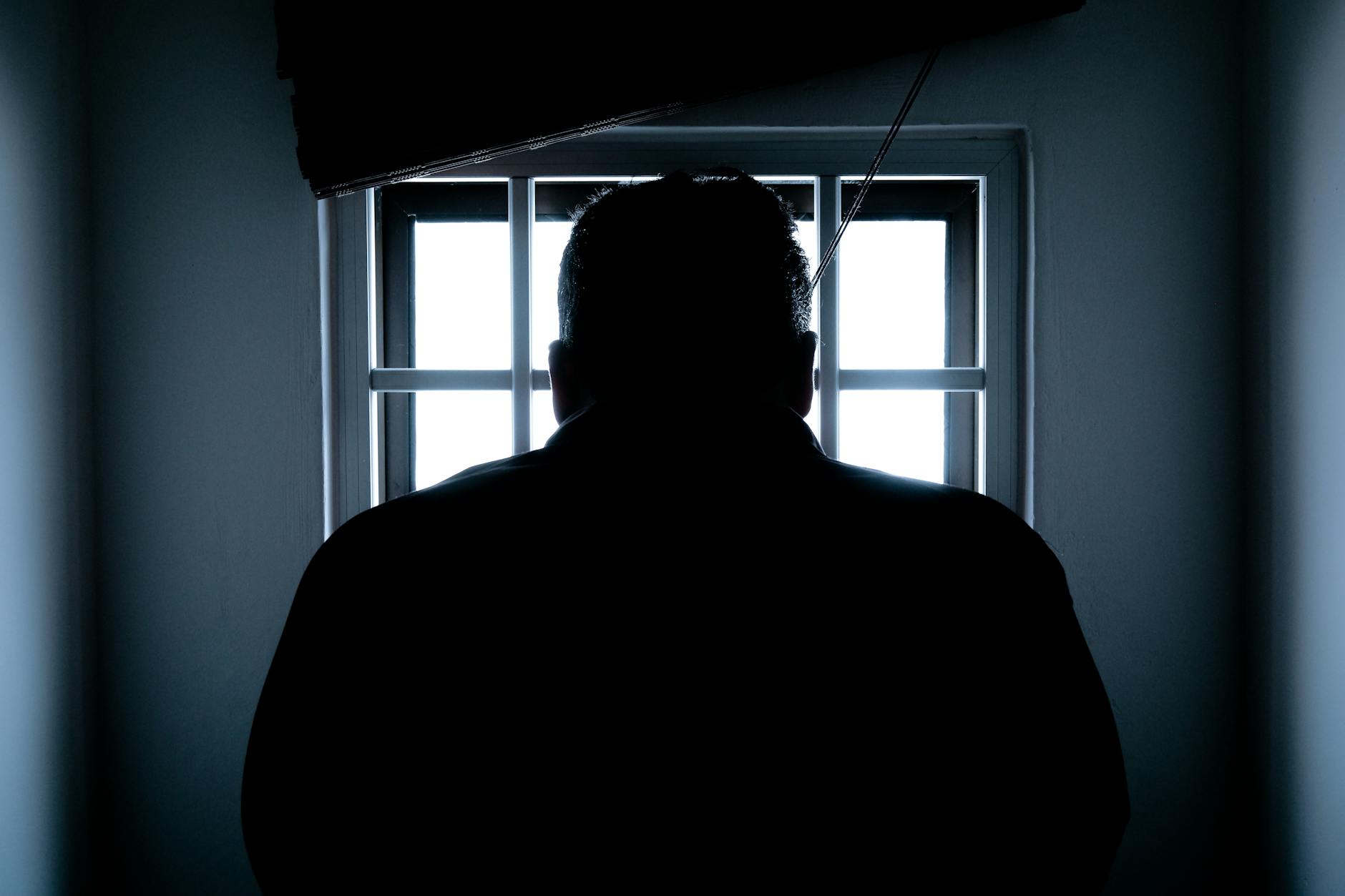A complex relationship
We all know that criminality is a way of life for some individuals and is normalised for them. Many factors contribute to criminality, such as peer pressure, social and economic inequality, adrenaline and observational learning. However, these factors can easily be looked into, and the psychology behind them is understandable. But what about mental illness as a factor of criminality? What is the psychology behind it? Is it common? Do those with mental illnesses who are also criminals get more lenient punishments?
Research suggests that patients with mental illness may be more prone to violence if they do not receive adequate treatment,[8] are actively experiencing delusions, or have long-standing paranoia. – https://www.google.com/url?q=https://www.ncbi.nlm.nih.gov/books/NBK537064/&sa=U&ved=2ahUKEwjJwtT2tIiHAxWyaEEAHUbWA48QFnoECAEQAw&usg=AOvVaw3pVOmHHDEFxwbMlA5xG1-X
Some individuals who have a mental illness are more likely to look at life from a different perspective, which can make them seem not in sync with the rest of society. This results in a stigma being attached to them as the public holds the assumption that they are more prone to violent acts and criminal behaviour. However, this is not a direct assumption and is not always the case. According to a 2015 study published in the journal Psychiatric Services, about 4% of violent crimes in the U.S. are directly attributable to mental illness.
Before looking at the psychological aspect of why mental illness may lead to crime, the societal factor can play a significant role in the correlation, which can be seen as unjust towards such individuals. Those with mental illness are more likely to suffer from societal challenges such as poverty, homelessness and lack of access to healthcare services. These social conditions may increase the reasoning for turning to a life of crime, not due to their mental challenges but due to the circumstances and pressure around their lives.
Besides social and economic factors, many mental illnesses involve psychological dysfunctions, which can cause interruption to the thought process and can then lead to the behaviour being influenced. Psychotic orders such as schizophrenia can cause hallucinations and delusions, resulting in actions that appear criminal.
Additionally, personality disorders like antisocial or borderline personality disorder can trigger hyperarousal in a threatening situation or can result in having a disregard for the rights of others, which can manifest in violent and criminal acts. Dr James Gilligan explored the psychological roots of criminality and wrote about how crime can influence criminal behaviour. He quoted, “The more violently destructive people are, either to others or to themselves, the more shame and humiliation they have suffered. Violence is an attempt to replace shame with self-esteem.” in his book “Violence: Our Deadly Epidemic and Its Causes,”
https://www.longdom.org/open-access/the-role-of-mental-health-in-criminal-behavior-101993.html
But what does this mean when it comes to punishment? Does the jury go more lenient on them? The answer is no. Individuals who have damaged mental health go through the same procedures and punishments as other criminals. In many cases, this can be perceived as inequitable. A case study that can be looked into is the Gypsy Rose Blanchard case. Gypsy’s at-the-time boyfriend, Nicholas Godejohn, was sentenced to life in prison after Gypsy convinced him to murder her mother, Claudina Blanchard. Nicholas was known to suffer from many mental health conditions, such as borderline personality disorder, autism and mood disorders. Many would argue that Nicholas should have been transferred to a psychiatric hospital where he could get treated and support for his mental conditions.
Following up on the topic of prisons and the criminal justice system, most of the time, it serves as a de facto mental health provider for many individuals who suffer from mental illnesses and have yet to be treated. Jails and prisons have a disproportionately high population of individuals with mental health challenges, resulting in questions about the adequacy of this approach. Situations like this emphasise the need for better mental health care infrastructure.
https://publications.parliament.uk/pa/cm201719/cmselect/cmpubacc/400/400.pdf
The relationship between mental illness and criminal behaviour will most likely always remain complex. While there is a significant correlation, it is also influenced by various social, economic and environmental factors. Addressing this issue requires patience, early intervention, societal support and reform within the criminal justice system. By understanding the underlying factors and working on them, the public can reduce both the stigma associated with mental illness and crime.
By Casey
Winchmore School Newsroom
